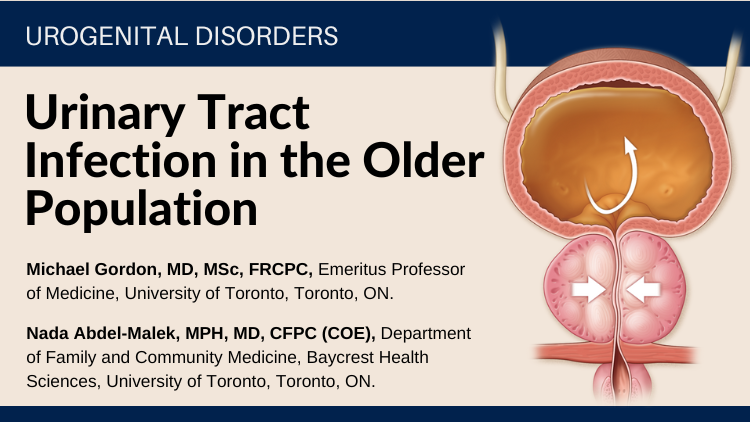James W. Cooper, RPh, PhD, BCPS, CGP, FASCP, FASHP, Emeritus Professor and Consultant Pharmacist, College of Pharmacy, University of Georgia, Athens, and Assistant Clinical Professor of Family Medicine, Medical College of Georgia, Augusta, GA, USA.
Allison H. Burfield, RN, PhD, Assistant Professor, School of Nursing, College of Health and Human Services, University of North Carolina-Charlotte, Charlotte, NC, USA.
The high incidence of falls among older adults leads to increased health care costs and decrements in functional status. Psychoactive medications consumed by older adults are often implicated in falls. This article briefly reviews the associations between falls and psychoactive medications, with a focus on the long-term care setting, and offers an assessment method and strategies to reduce the risk of certain classes of medications known to contribute to fall risk.
Key words: falls, medications, psychoactive load, interventions, older adults.

